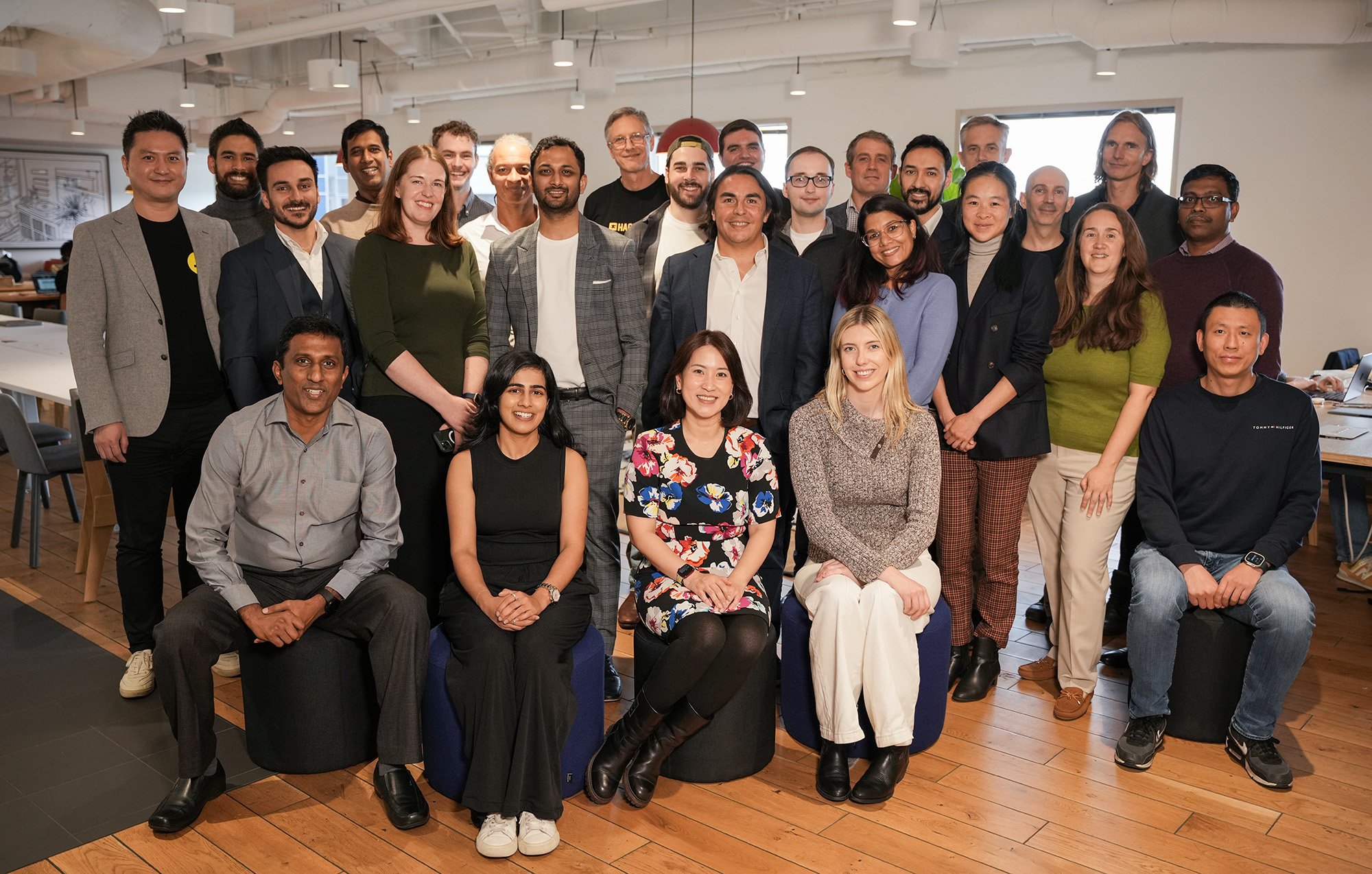CanLII Takes Legal Action Against AI Startup Caseway for Alleged Content Misuse
Image Credit: Thomas Lefebvre | Unsplash
The Canadian Legal Information Institute (CanLII) has initiated legal proceedings against Caseway AI, a recently launched company positioning itself as an AI-powered legal research assistant. CanLII alleges that Caseway unlawfully accessed and utilized its extensive legal database, offering the information to subscribers for a fee without proper authorization.
[Read More: Navigating Privacy: The Battle Over AI Training and User Data in the EU]
Background of CanLII and Caseway AI
CanLII is a nonprofit organization dedicated to providing free public access to a comprehensive collection of Canadian legal materials, including court decisions, legislation, and secondary resources. The platform is renowned for its meticulous efforts in reviewing, analyzing, and organizing legal documents to ensure accessibility and usability for the public.
Caseway AI, founded by Alistair Vigier, emerged in August and markets itself as an advanced legal research tool that leverages artificial intelligence to assist users in navigating over three million court documents. Subscribers pay a monthly fee to access the platform's services.
[Read More: Melbourne Lawyer Investigated for AI-Generated Fake Citations in Family Court]
Allegations of Content Theft and Copyright Infringement
CanLII filed a notice of claim with the Supreme Court of British Columbia, accusing Vigier and his affiliated companies of violating CanLII’s terms of use. The nonprofit asserts that Caseway AI systematically downloaded CanLII’s content in bulk without permission or compensation, thereby infringing on copyright protections. To date, CanLII estimates that over 120 gigabytes of data encompassing 3.5 million records have been unlawfully obtained by the defendants.
The lawsuit further claims that Caseway AI misrepresented its use of CanLII’s content in its promotional materials and failed to comply with a cease and desist order issued by CanLII, continuing to utilize the stolen content despite demands to cease such activities.
[Read More: Navigating the Wave: The Future of Copyright in the Age of Generative AI]
Response from Caseway AI
In response to the lawsuit, Alistair Vigier stated that Caseway has garnered significant support, with over 200 lawyers subscribing since the legal action commenced. He highlighted interest from venture capital firms, suggesting that the lawsuit has inadvertently boosted Caseway’s visibility and credibility.
Vigier contested CanLII’s claims, emphasizing that court documents are public records and not the property of any single organization, including CanLII. He asserted that Caseway solely uses original court decisions published by the courts, differentiating their platform from CanLII’s enhanced and curated content.
[Read More: Beyond Compliance: Balancing Legal and Ethical Responsibilities in AI]
Legal Perspectives and Industry Insights
Colin Lachance, principal at PGYA Consulting and former CEO of CanLII, provided legal context regarding the distinction between individual court documents and the organization of these documents. Referring to the 2004 CCH Canadian Ltd. v. Law Society of Upper Canada case, Lachance explained that while the substance of legal writings cannot be copyrighted, the compilation and arrangement by publishers like CanLII can be subject to copyright protection.
Lachance expressed understanding for Caseway’s position, noting the limited avenues available in Canada for accessing bulk legal data, primarily through CanLII and the Bar of Quebec’s library system. He suggested that a collaborative approach, where CanLII serves as a data provider for startups like Caseway, could foster legal innovation and benefit the Canadian legal landscape.
[Read More: Ashurst's AI Experiment: Pioneering the Future of Legal Practice]
Implications for the Legal Tech Industry
The lawsuit underscores the growing tensions between traditional legal information providers and emerging AI-driven platforms seeking to leverage vast amounts of legal data. As artificial intelligence continues to reshape legal research and services, issues of data ownership, licensing, and ethical use of public records are becoming increasingly prominent.
CanLII’s actions highlight the importance of safeguarding curated legal resources, while Caseway AI’s rapid adoption signals a strong market demand for innovative legal research tools. The outcome of this legal battle could set significant precedents for how legal data is accessed and utilized by technology companies in Canada.
[Read More: UMG & KLAY Vision: Transforming AI Music with an Ethical, Artist-Friendly Model]
About Alistair Vigier
Alistair Vigier is a British-Canadian entrepreneur known for his contributions to the legal technology sector. Born in Toronto in 1990, he moved to Victoria, British Columbia, at the age of nine. Vigier's early career included service in the Canadian Armed Forces reserves. In 2009, during a deployment, he sustained an injury that led to his medical discharge in 2014. Following his military service, he pursued a Bachelor of Arts in Psychology at the University of Victoria, graduating in 2013. Transitioning to the legal sector, Vigier joined HART Legal in 2015 as a consultant. He played a significant role in expanding the firm from three to sixteen locations. His efforts were recognized in 2017 when he was named one of BC Business's "30 Under 30".
In 2018, Vigier founded Clearway Law, an online legal marketplace aimed at improving access to legal services. His commitment to legal innovation led to the co-founding of Caseway AI in August 2024. Caseway AI is an AI-driven legal research assistant designed to streamline the analysis of court decisions.
Beyond the legal field, Vigier has been involved in real estate. In 2008, he founded Vigier Properties, focusing on the BRRRR strategy—Buy, Rehab, Rent, Refinance, Repeat—primarily in Las Vegas, Nevada. Vigier also served as Head of China Operations for Jusu Wellness Inc. from 2017 to 2020, managing international business functions until the company's acquisition by Better Plant Sciences.
[Read More: Florida Mother Sues Character.AI: Chatbot Allegedly Led to Teen’s Tragic Suicide]
Source: Canadian Lawyer Magazine, Everybody Wiki, University of Victoria, ClearWay Law, LinkedIn











